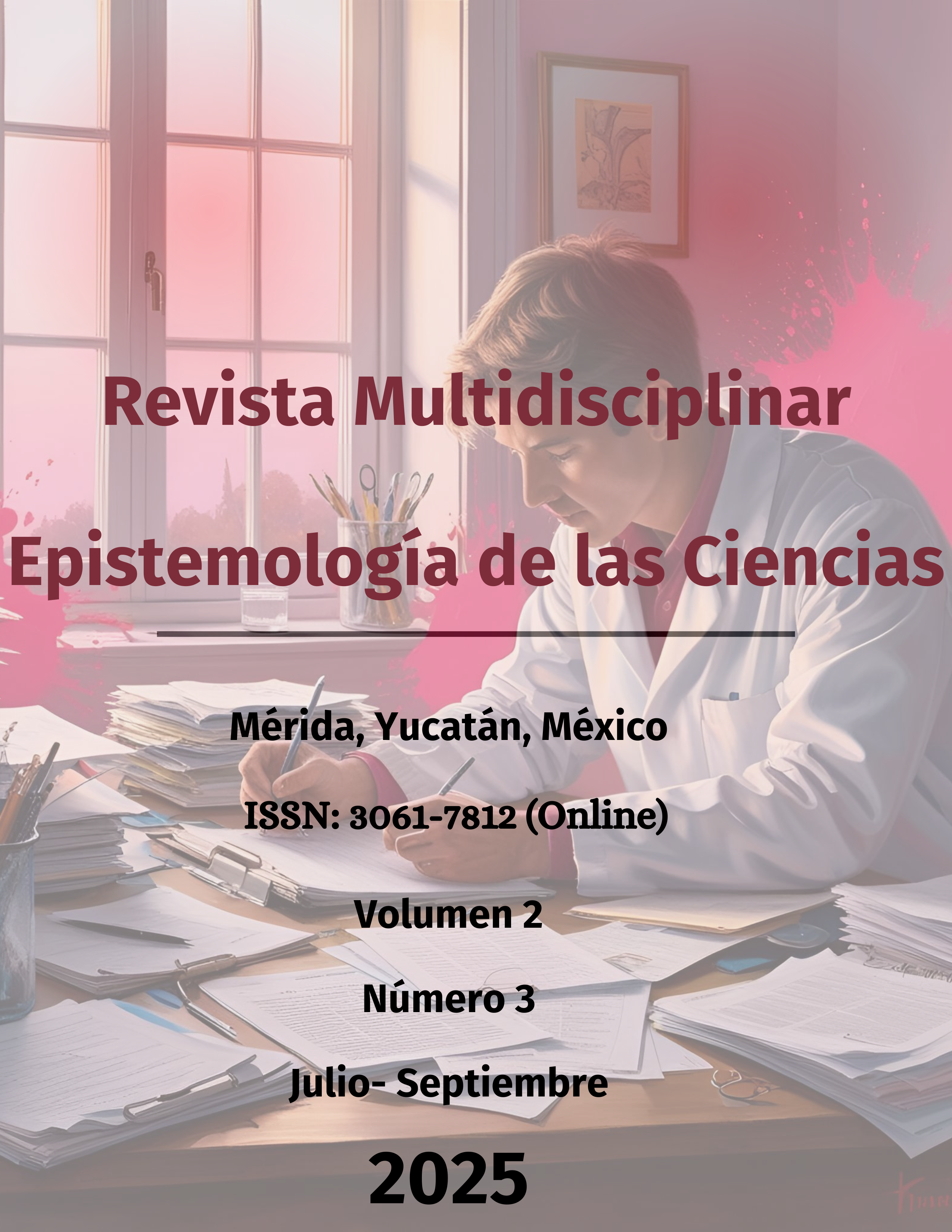From the kitchen to managerial leadership: Escoffier and the recipe for contemporary organizational management
DOI:
https://doi.org/10.71112/w9hn0p76Keywords:
Escoffier, management, process management, organizational culture, innovationAbstract
This essay analyzes the convergence between Auguste Escoffier’s professional kitchen and modern management theories, demonstrating how principles such as standardization, functional hierarchy, process management, and continuous improvement first emerged in kitchens before being formalized within scientific management. Through a theoretical-practical and interdisciplinary approach, the contributions of Escoffier are explored in dialogue with classical authors like Taylor, Fayol, and Schein, as well as with recent research conducted in Colombia and the Caribbean region. The text proposes that the kitchen can be interpreted as a forward-thinking organizational architecture, with validity and applicability in both public and private sectors, consolidating a model of resilient, sustainable, and adaptive leadership in the face of complex environments.
Downloads
References
Escoffier, A. (2001). Le guide culinaire (Ed. original 1903). Flammarion.
Fayol, H. (1949). General and industrial management. Pitman.
Horng, J. S., & Lee, C. H. (2006). Competency analysis of top-level chefs in Taiwan using the DACUM method. International Journal of Hospitality Management, 25(4), 806–825. https://doi.org/10.1016/j.ijhm.2005.04.001 DOI: https://doi.org/10.1016/j.ijhm.2005.04.001
Jones, D., & Boje, D. (2008). Re-reading the cooking pot: Escoffier’s brigades as narrative control. Tamara Journal for Critical Organization Inquiry, 7(3), 51–64.
Katz, D., & Kahn, R. L. (1978). The social psychology of organizations (2nd ed.). Wiley.
Mendoza Betin, J. A. (2018). Capacidades dinámicas: Un análisis empírico de su naturaleza. MLS Educational Research, 2(2). https://doi.org/10.29314/mlser.v2i2.80 DOI: https://doi.org/10.29314/mlser.v2i2.80
Mendoza Betin, J. A. (2019). Innovación de procesos: Estudio práctico de Aguas de Cartagena S.A. E.S.P. “ACUACAR”. Desarrollo Gerencial, 11(2), 1–20. https://doi.org/10.17081/dege.11.2.3477 DOI: https://doi.org/10.17081/dege.11.2.3477
Mendoza-Betin, J. (2021). Resiliencia empresarial: Análisis empírico de Aguas de Cartagena S.A. E.S.P. Revista Científica Anfibios, 4(1), 11–26. https://doi.org/10.37979/afb.2021v4n1.80 DOI: https://doi.org/10.37979/afb.2021v4n1.80
Mendoza-Betin, J. (2022). Gestión de procesos: Ejercicio práctico de Empresas de Acueducto y Alcantarillado. Revista Científica Anfibios, 5(2), 18–37. https://doi.org/10.37979/afb.2022v5n2.110 DOI: https://doi.org/10.37979/afb.2022v5n2.110
Mendoza-Betin, J. (2025). Integración de factores claves del management y la gastronomía: Un modelo para empresas gastronómicas en contextos emergentes. Revista Científica Anfibios, 8(1), 29–42. https://doi.org/10.37979/afb.2025v8n1.170 DOI: https://doi.org/10.37979/afb.2025v8n1.170
Mennell, S. (1996). All manners of food: Eating and taste in England and France from the Middle Ages to the present. University of Illinois Press.
Rousseau, S. (2009). Food and social media: You are what you tweet. Rowman & Littlefield.
Schein, E. H. (2010). Organizational culture and leadership (4th ed.). Jossey-Bass.
Sharma, S. (2015). Lean gastronomy: A conceptual model for operational excellence in restaurant kitchens. Journal of Culinary Science & Technology, 13(2), 148–164. https://doi.org/10.1080/15428052.2014.952482 DOI: https://doi.org/10.1080/15428052.2014.952482
Sloan, P., Legrand, W., & Chen, J. S. (2013). Sustainability in the hospitality industry: Principles of sustainable operations. Routledge. DOI: https://doi.org/10.4324/9780203116265
Wren, D. A., & Bedeian, A. G. (2009). The evolution of management thought (6th ed.). Wiley.
Downloads
Published
Issue
Section
License
Copyright (c) 2025 Multidisciplinary Journal Epistemology of the Sciences

This work is licensed under a Creative Commons Attribution 4.0 International License.











